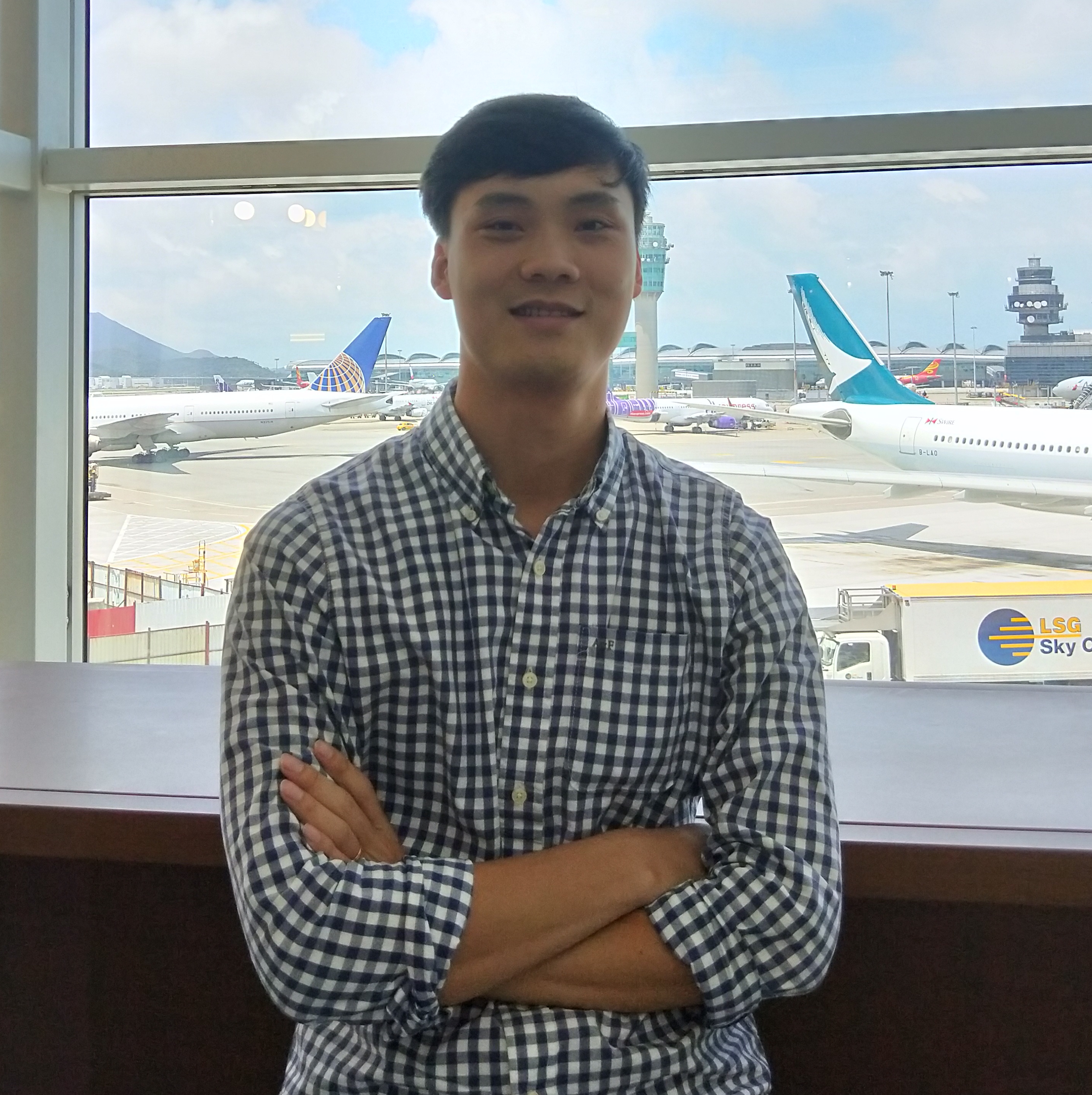
For Tien Nguyen, Chief Technology Officer at Wego, travel is something of a second nature. In the last eight years, the company has risen to become the number one travel metasearch in the Middle East, and Nguyen’s own journey since starting as a Senior Software Engineer in 2010 is one that he enjoys reflecting upon.
The Middle East travel industry is a furiously busy one, with travelers constantly looking for the best destinations as well as the most competitive prices when booking their travels. From popular destinations such as the UK, Maldives, and Mauritius, to more eccentric destinations such as Azerbaijan and Georgia, the race is on to stay on top of the market while offering the best prices and destinations for travelers.
We chatted with Nguyen to find out more about how Wego is staying relevant to the industry, and what new tech challenges the company is gearing up for.
What travel trends (if any) have you noticed about travelers in the Middle East using the app?
Owing to the advances in technology, people of this region are so much more comfortable using mobile apps to complete bookings as compared to about three years ago. They are also less finicky about hotel star rating and brand, and primarily seek out unique experiences. This is why a lot more boutique hotels and individual properties are gaining in popularity in the Middle East. MENA residents are also showing great preference for halal-friendly countries, low-cost flights, and experiencing the rich heritage of new destinations. Additionally, off the beaten track destinations such as Sarajevo (Bosnia & Herzegovina) are amongst the most searched by Arab users on Wego mobile apps this summer.
How is the Wego app able to comb through enough websites and sources in order to provide the best deals?
Performance and scalability of travel solutions have always been Wego’s core focus areas. This is why we believe that a good system architecture is crucial. In fact, our metasearch back-end is a completely homegrown, in-memory engine which allows us to aggregate and process responses from hundreds, almost instantly. And thanks to our data-driven culture, we are able to capture and analyze every single system metrics before making business or engineering decisions. This focus on data analysis and interpretation also helps to constantly improve our platform.
Get daily insight, inspiration and deals in your inbox
Sign up for breaking news, reviews, opinion, top tech deals, and more.

Tien Nguyen, Chief Technology Officer, Wego
People are chatting to messenger bots for support and queries - do you imagine that future travel bookings could be made this way? Does Machine Learning have a place to play in the future of travel?
Online support is a pretty common feature when it comes to text/or voice-based applications. But for travel booking, the support function needs to be more dynamic as users are presented with a ton of options to choose from before making a purchase. Personalizing every single conversation and quickly leading users to the end of the conversation flow is the big challenge that we are working on. We foresee AI/Machine Learning as the future of such conversational apps for the travel industry.
AI seems to be a new trend that companies are keen to adopt - would it be possible to have holidays tailored to a customer’s travel history?
With improved reasoning capability and contextual awareness, it is possible to understand the customer better and therefore tailor holidays based on their travel history and/or AI-powered conversations.
Staying with AI, could it be used to forecast busy seasons and recommend things like alternate travel destinations or dates?
Machine Learning is commonly used for building predictive models or recommendation engines. But I think data will always be the core part of each ML pipeline. Once you have the right datasets with all useful features, the training becomes so much more straightforward. At Wego, we use pricing, seasonality, holidays, search density and a lot more data to build these ML models. For example by predicting the airfare price, we can suggest to the user alternative travel dates that are much more affordable.
How can apps like Wego become more accessible for audiences who aren’t that necessarily familiar with technology but want to simplify the process?
Improving the end-to-end booking experience has always been our focus and we invest a lot of effort into making it as easy as possible for everyone. For those who are not quite familiar with technology, introducing novel and intuitive ways of interacting with our app can really add value.
Are there any particular trends you’re seeing in the app space that could be applicable to where Wego is heading in the future?
User behaviors and expectations have been changing rapidly. Today, our customers don’t want to spend all their valuable time on travel transactions anymore. Also, many a time, the user might want to interact with the app differently based on different contexts. Therefore we are currently investing heavily in building a more personalized, intuitive, and end-to-end experience, and adding new interfaces such as voice and text.
A former IT & Marketing Manager turned full time Editor, Nick enjoys reviewing PC components, 3D Printers, projectors, and anything shiny and expensive. He can also be found baking up a storm in the kitchen, which we are more than happy to encourage.
